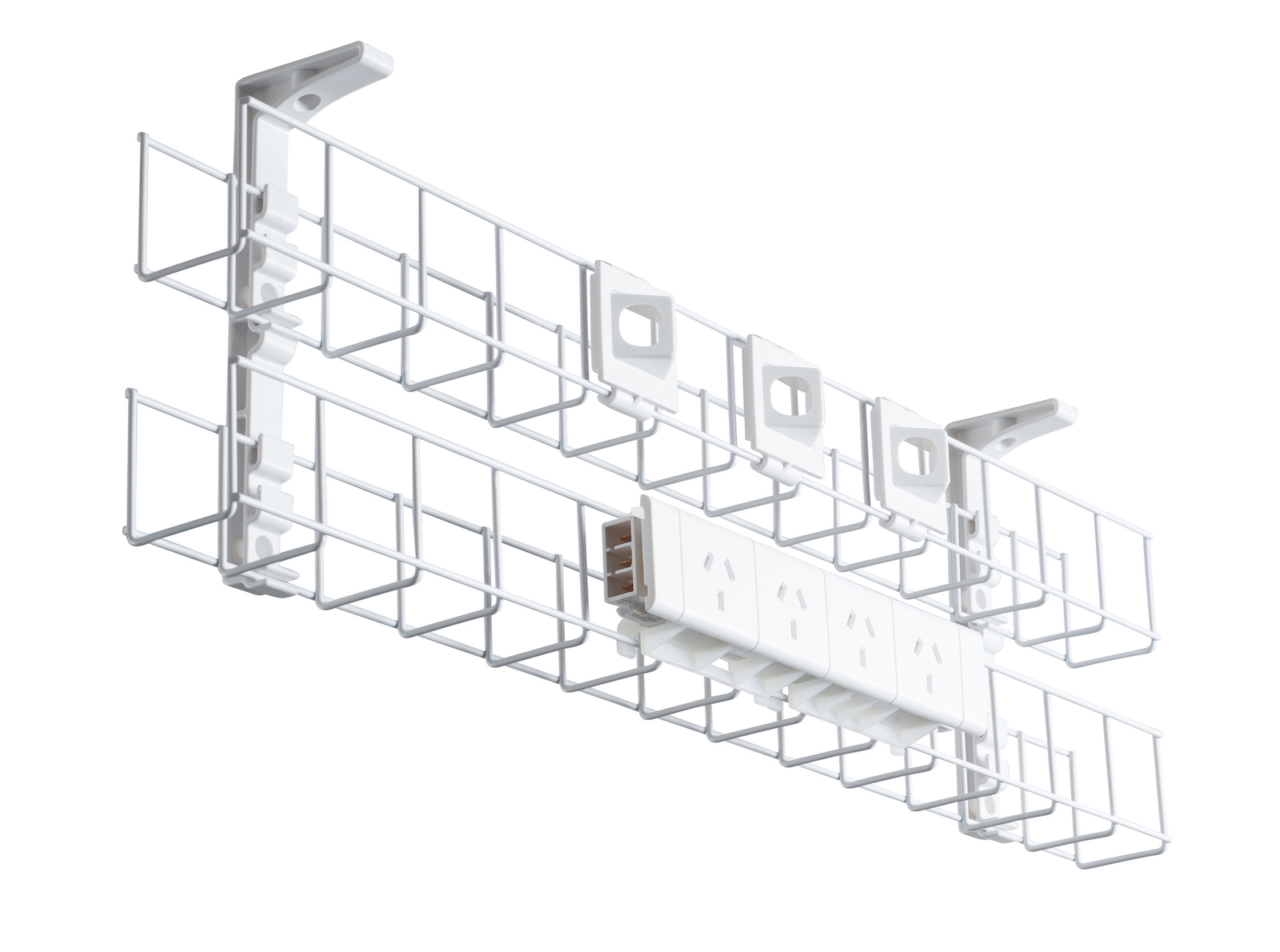
Workplace Distractions Costing Companies Billions Annually, Study Reveals
In today’s fast-paced work environment, distractions are an inevitable part of the day. However, a recent CareerBuilder study involving 2,175 HR managers from diverse industries and company sizes reveals that certain distractions are significantly reducing workplace productivity, costing companies hundreds of billions of pounds annually. The study provides an in-depth look into the most common distractions and offers practical solutions to mitigate their impact.
The allure of technology is one of the biggest culprits. Over half of the surveyed employers identified smartphone use as the main source of distraction, with 44% pointing to internet browsing. While technology enhances productivity in many ways, it can also be a hindrance when misused. From texting to mobile games, technology can quickly distract even the most diligent employee.
However, distractions aren’t limited to technology. The study found that 37% of employers identified office gossip as a major distraction, while 27% cited impromptu conversations among coworkers as a significant obstacle to productivity. Distractions like these not only reduce efficiency but can also negatively affect the quality of work produced.
Apart from these top distractions, the study also highlighted some everyday situations that can inadvertently divert employees from their tasks. A cluttered workspace, for instance, can significantly hamper productivity. An untidy desk or office can disrupt an employee’s concentration and increase stress levels. To combat this, employees should keep their workspace organized and consider using electronic document management solutions. These solutions not only eliminate the need for physical paper storage but also ensure systematic archiving of essential files.
Hunger is another often-overlooked productivity killer. While it might seem efficient to work through lunch, hunger can severely impair concentration. Employers should thus encourage regular breaks and meals to maintain employee health and productivity.
Recognizing the impact of these distractions is crucial for businesses. Distractions not only prolong task completion times but can also lead to decreased job satisfaction, strained relationships among coworkers, and a negative impact on company culture.
To address these challenges, some companies have implemented strategies like allowing employees to work from home on specific days or encouraging them to take short breaks throughout the day. Regular breaks can help rejuvenate the mind and improve focus, especially if the break activities promote energy rather than drain it.
Another effective strategy is to create an environment that promotes productivity. For instance, providing employees with the best sit stand desk can significantly improve their focus and productivity. An electric height adjustable standing desk offers health benefits and can be a great addition to an office setup. It allows employees to alternate between sitting and standing, which can reduce fatigue and increase concentration.
Furthermore, encouraging employees to step outside for a short walk can also boost productivity. Light exercise has been shown to rejuvenate the brain, making it easier to focus on tasks.
In conclusion, distractions are a significant hindrance to workplace productivity. However, by recognizing these distractions and implementing effective strategies, businesses can create a more focused, productive, and satisfying work environment. Whether it’s providing the best sit stand desk or encouraging regular breaks, every effort towards minimizing distractions can significantly impact overall productivity.





